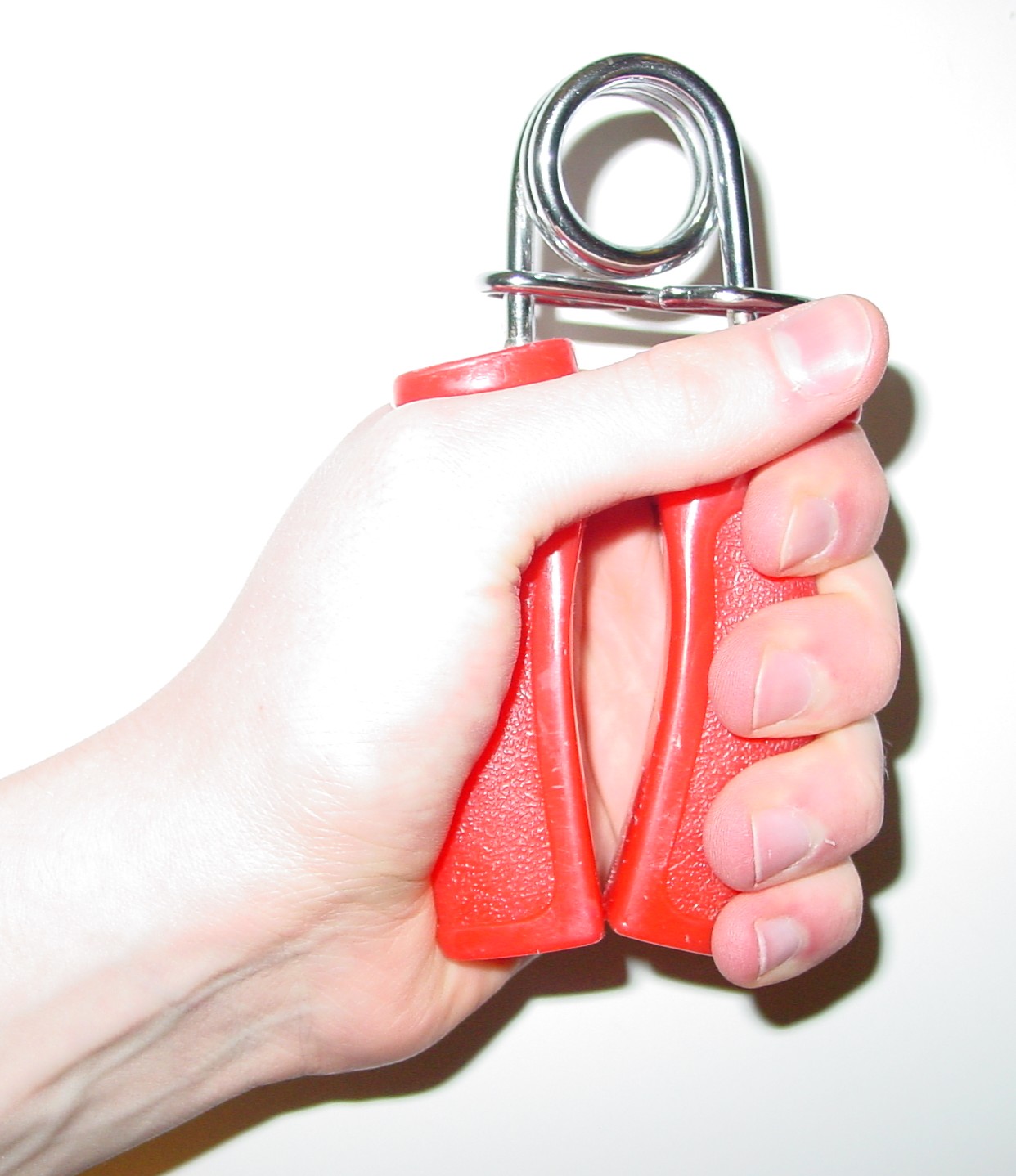
Avoiding stage fright is a major concern of many, especially those who are new to performing or presenting. And that’s totally understandable: no one wants to suffer through a bad experience, especially if they already have a touch of social anxiety. So what is my big tip for avoiding stage fright, especially if you’re not yet hugely experience? Actually, I have two: let go of the need to be right, and be VERY well prepared.
Wanting to be right.
People learn that being right is what counts from early childhood. Indeed, some would argue – like Robert Kiyosaki – that that the school system is predicated on the concept of the one right answer. [1] FM Alexander argued that the need to be right causes children to suffer unnecessarily. Referring to the parents, Alexander says:
“it occurs to very few of them to consider whether, in this process of “education” (i.e., in certain specific directions) the child’s fear reflexes will not be unduly and harmfully excited by the injunction that it must always try to “be right,” indeed, that it is almost a disgrace to be wrong;.” [2]
But if you’re doing something new, and especially if you’re not great at it yet, your chances of making mistakes is high. And that may only get worse once you’re in front of an audience.
Social anxiety in cockroaches
In the 1950s psychologist Robert Zajonc conducted some interesting research into how an audience affects us when we are engaged in tasks of varying difficulties. Though he later did use human subjects, Zajonc’s initial studies were done with cockroaches! He constructed a maze, in which the cockroaches had to scuttle from a lighted area towards the end of the maze where they would find their preferred dark enclosed space. Sometimes the maze was easy, and sometimes it was difficult. And sometimes the cockroaches in the maze had an audience of other cockroaches watching them. In both the cockroach experiments and later research with humans, a subject with an audience would complete the easy task faster. But when faced with a complex task – like a tricky maze – AND and audience, the subjects would go more slowly than if they were completing the complex task unobserved.
This was also found when psychologists studied pool players in the 1980s. Author Adam Alter explains:
Strong players, who sank 70 per cent of their shots while playing alone, made 80 per cent of their shots in the presence of four onlookers. Meanwhile, weaker players who made only 36 per cent of their shots alone, sank a lowly 25 per cent when observed. The stronger players were energised by the presence of onlookers, but the same audience distracted the already overloaded weaker players.[3]
Zajonc’s research – and the work on pool players – suggests that a phenomenon known as social inhibition is likely to cause you to make mistakes. In essence, your brain is so overloaded with dealing with the social pressure of having people watching that you’re more likely to foul up complex tasks. And if you were to add to that overloaded brain the conviction that being right is the only thing to be, you’re priming yourself for a truly lousy experience.
Avoiding stage fright, step 1: let go of being right
Particularly if you’re new to performing, you need to work hard to make sure that you won’t suffer from brain overload during the performance or presentation. One of the key ways you can do this is to accept that, because you are new to the experience, you WILL make mistakes. Like the inexperienced pool players, the likelihood is that you’ll lose some of your performance readiness under the gaze of an audience. So accept it. Embrace your inexperience, rather than judge yourself harshly if something goes awry.
Avoiding stage fright, step 2: know your stuff
From Zajonc’s research, and the research of those who followed him, we know that our response to an audience is partially dependent on whether we perceive what we’re about to do as easy or difficult. If we know the material well, or if we perceive a task to be easy, then the presence of an audience will enhance our ability to perform. If we don’t know our material or perceive the task to be difficult, then fear of failure will cause us to go more slowly or make more mistakes.
This means that knowing your material and being as fully in control of your process as possible is key to avoiding stage fright. If you know your material well, if you’ve made sure that – for example – you’ve got your presentation slides stored in a number of locations, that you have the right cables to attach your laptop to the venue projector, that your slide remote has fresh batteries, that you’ve chosen your outfit ahead of time… If you’ve controlled as many variables as possible, then you’re far more likely to perceive the task as easier. This means that you’ll also find it easier to keep a focus on the process of performing and presenting, not on the audience.
FM Alexander puts it like this:
the individual comes to rely upon his “means-whereby,” and does not become disturbed by wondering whether the activities concerned will be right or wrong. Why should he, seeing that the confidence with which he proceeds with his task is a confidence born of experiences, the majority of which are successful experiences unassociated with over-excited fear reflexes? [4]
So be prepared, accept your inexperience, and have a great time.
[1] Kiyosaki, R., If You Want to be Rich and Happy, Don’t go to School, Fairfield, Aslan, 1993.
[2] Alexander, FM, Constructive Conscious Control of the Individual, NY, Irdeat, 1997, p.283.
[3] Alter, A., Drunk Tank Pink, London, Oneworld, 2013, p.92.
[4] Alexander, FM, Constructive Conscious Control of the Individual, NY, Irdeat, 1997, p.342.
Image: Liveoncelivewild [CC BY-SA 4.0 (https://creativecommons.org/licenses/by-sa/4.0)]








